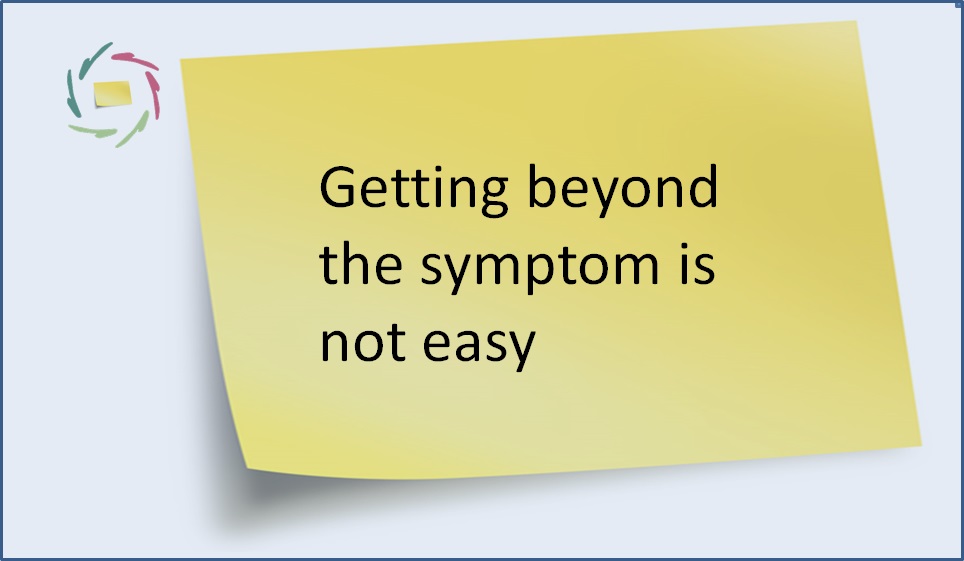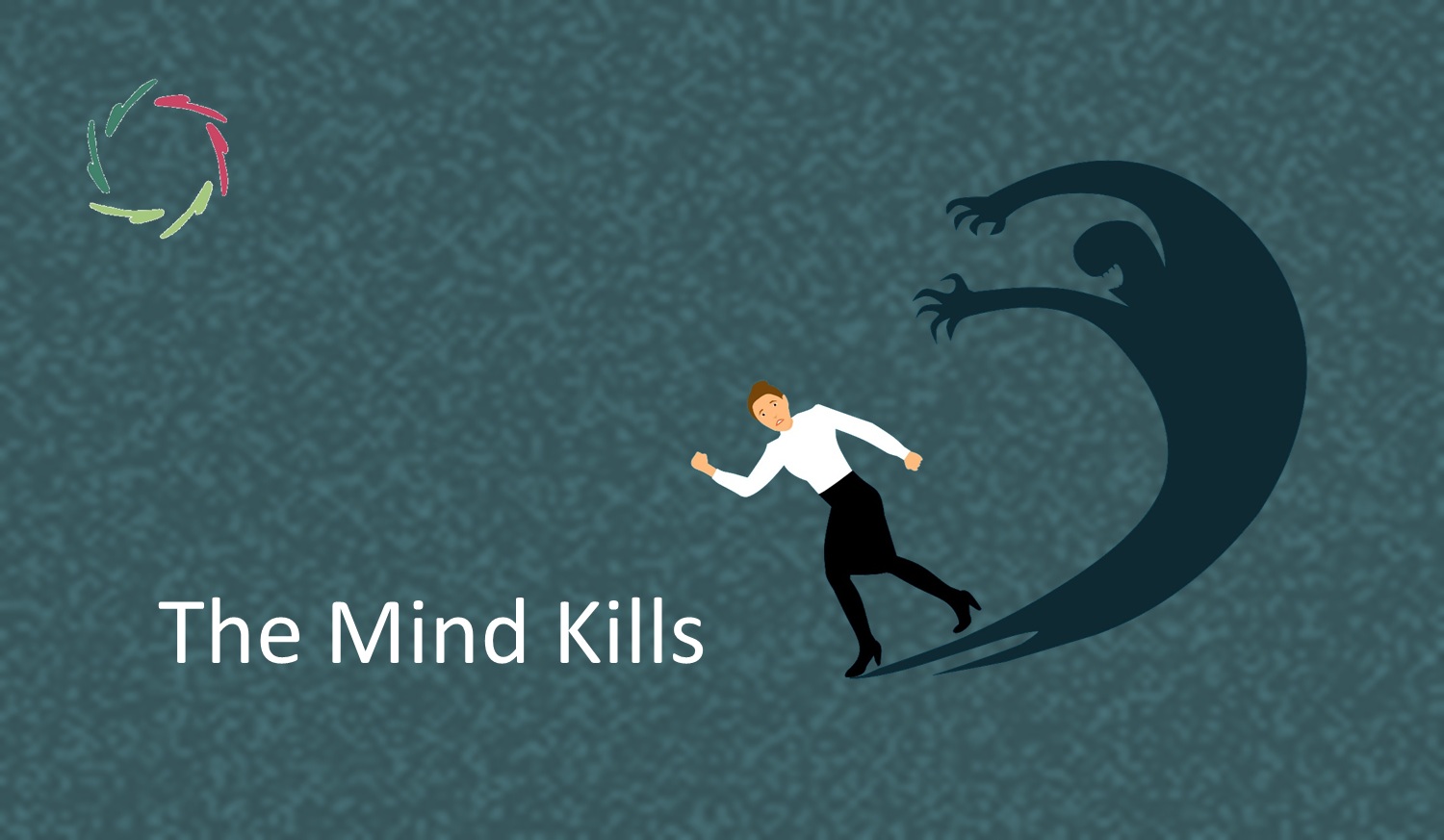25. Getting beyond the symptom is not easy

In another of these ‘sticky thoughts’, I explained that most medications work only symptomatically. This is: they relieve symptoms and this only as long as you take them. If you stop taking them, then either your symptoms return, or you have self-healed in the meantime.
◊◊◊
This is logical, since going beyond the symptom is not easy at all.
◊◊◊
A fact is that the inner reality of any individual human, biologically as well as psychologically, is immensely complex. One can compare it to an enormously complex lock that is to be opened for a more-than-symptomatic healing to occur. Present-day science finds even more and more layers of complexity. Very probably the future will reveal that nowadays we are only at the beginning of an understanding of this.
◊◊◊
So it is after all obvious that this lock doesn’t open by using a simple key, like the active compound of some medication. Nevertheless to open it is the endeavor of the underlying philosophy of Western medicine. But with simple keys, one can only open simple locks (say: symptoms), and even this is problematic.
◊◊◊
You either need an equally complex key (practically unfeasible), or you need a key that can be used in a more ‘abstract’ way, a key in fact with which you can ‘communicate’ with the lock, one way or the other. This is principally not the way that medication works. It is the way, however, that mental imagery / autosuggestion works.
◊◊◊
So actually this means that it is in principle unfeasible for medication to go beyond the symptom. It’s not that we aren’t there yet. We will never be there. One can of course disregard the complexity of the lock and take a hammer to ‘change something’. Yes, but that is not what one would call ‘healing’. On the contrary, it is ‘damaging’. Sometimes this damage is OK (this is: where ‘foreign’ cells such as bacteria or cancer cells are damaged more than the own cells). In many cases, it is far from OK.
◊◊◊
Even if the symptoms are taken away, there is still this invitation coming from the lock to be taken care of as such. This invitation too is an invitation in principle. Because of the body-mind unity, this means that there is always an invitation to use autosuggestion. This is not a ‘simple key’. It is an instrument for communication. It is the communication itself.
◊◊◊
This communication can happen through the symptom, but then this symptom is used as a symbol, itself also an instrument for communication with the underlying complexity. According to me, the symptom-as-symbol is always a good instrument, because it has been chosen as such by the total person behind it in the first place.
◊◊◊


